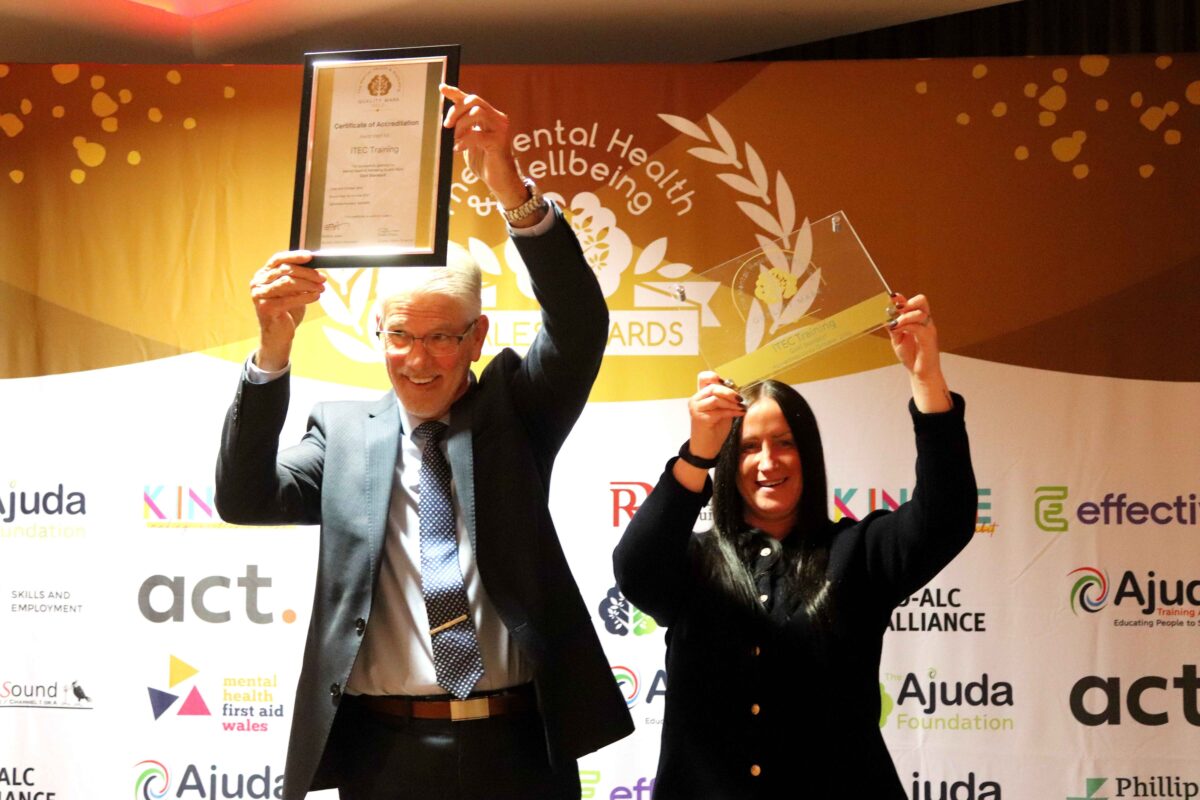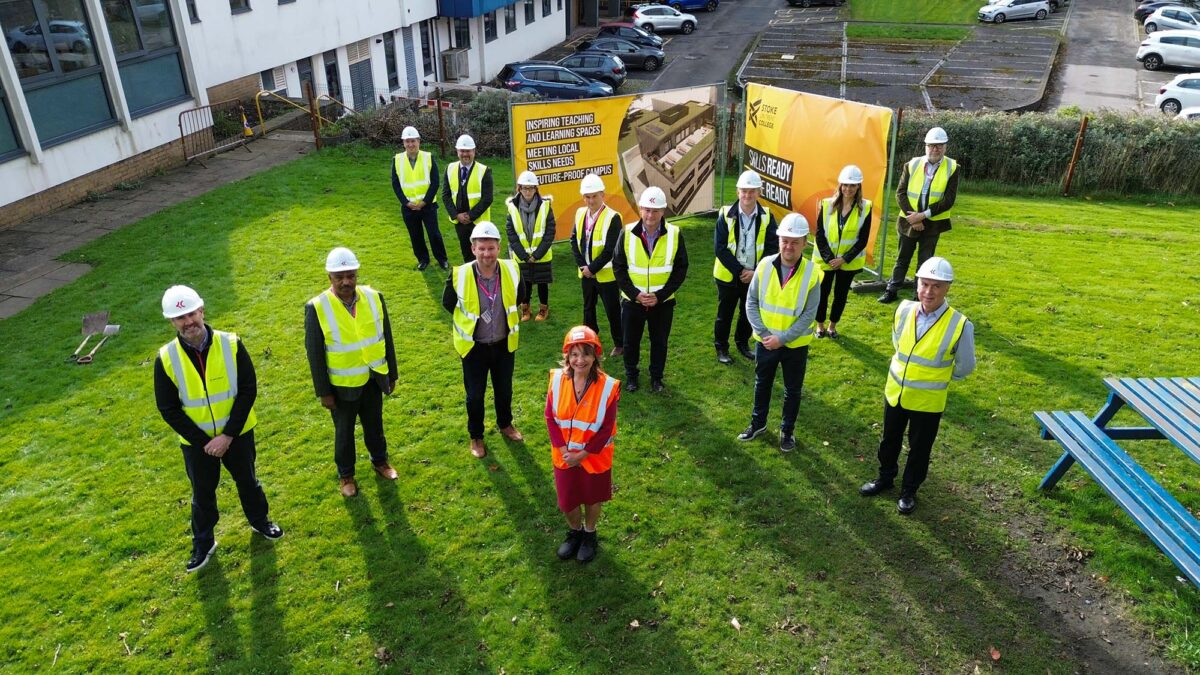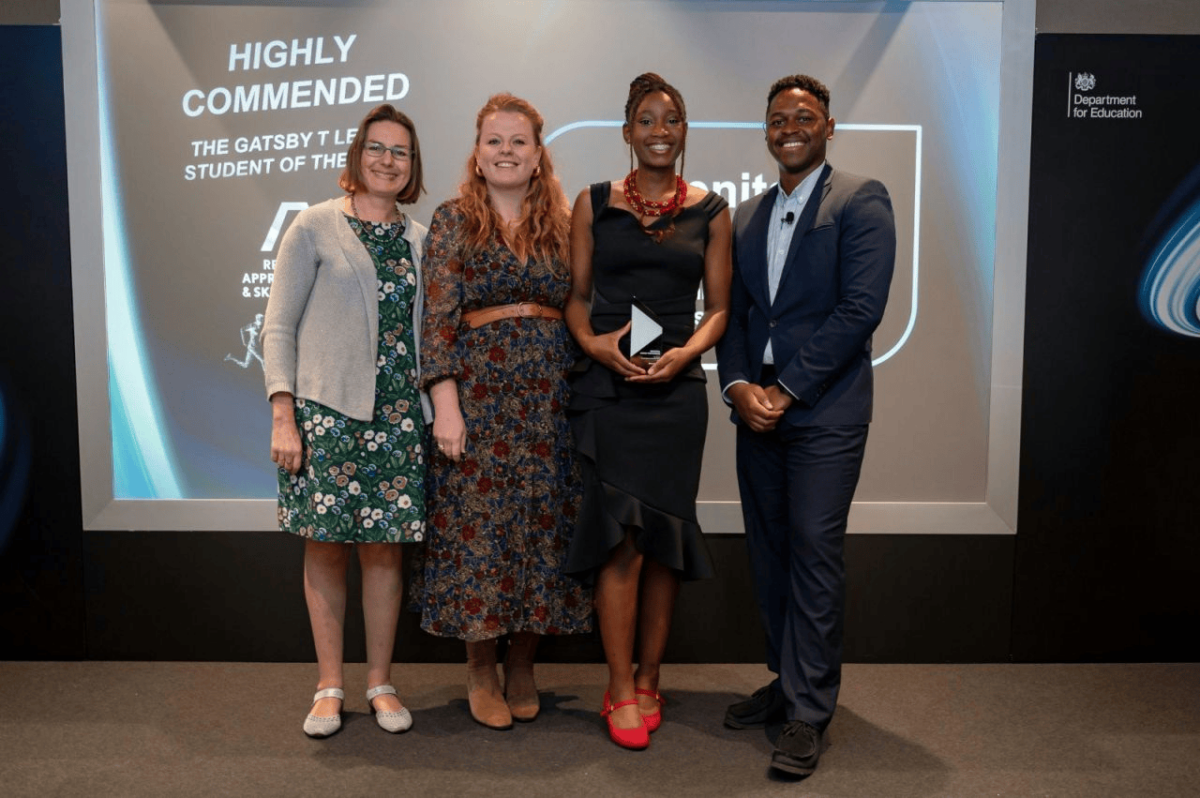How colleges can learn from the Met

Here’s a challenging exam question for you: “The Baroness Casey Report on standards of behaviour and internal culture of the Metropolitan Police Service is only of relevance to the Met.” Discuss.
The first part of your answer might agree with the statement – and revising for it will be easy. In the wake of the Report’s publication the media have been chock-full of what’s wrong and what needs to change.
But it’s the second part of your answer that’ll get top marks: how the Report speaks to all organisations including – for our purposes – colleges. The Report is full of insights into when culture change is needed and how organisations – including colleges – can contrive to ignore that fact.
What is culture?
To begin with there’s an excellent definition of what culture is. Culture is the way we do things (p.11), how we do things round here (p.83). In other words it’s what staff are thinking, saying and doing in a work context when they’re on ‘automatic pilot’, when they’re not self-consciously aware of themselves.
And here are some of the ways the Report points out you can avoid tackling culture change. You can put a positive spin on recommendations you don’t like. You can put the problem in the past and kid yourself everything’s changed for the better or ‘talk up future actions as if they were already implemented’ (p.14). You can blame individual ‘bad apples’. Or you can (for example in regard to an Ofsted Report) draw up a list of individual action points and completely miss the fundamental problem from which they all stem.
Culture change
So how should a responsible college management team respond to a report on the college? Clearly the avoidance strategies outlined in Baroness Casey’s Report are not only almost completely ineffectual, they’re also time-consuming. But on the other hand thorough culture change is itself an enormous undertaking. A sensible first step is to consider open-mindedly how significant is the required change. This table may assist decision-making:
| Nature of change | Culture (who we are) | Activity (what we do) |
| Who’s in scope? | All teaching staff or all support staff or both | One or more departments |
| What’s the question? | Why we do things: Mission is in question: What is it? | How we do things: Mission is assumed: How can we deliver it better? |
| Reach | All HR policies; all quality systems | Departmental policies and procedures |
| Interventions | Whole college consultation led by principal | Departmental meetings initiated by principal then delegated |
| Timescale | 3 – 6 months | 3 – 6 weeks |
| What’s the outcome? | Everyone’s professional behaviour will promote the mission | Improved performance according to quality measures |
Suppose it looks as if cultural change is required. How do you actually achieve it? The scale of what you’re taking on is right there in the Casey definition: nothing less than changing the way people routinely think and behave. Here are the steps towards doing that I’ve found to work:
- Leadership. The leader has to lead this, start to finish; it cannot be delegated. Everyone has to see it’s obviously the most important thing happening here right now.
- Clarity. From the outset make it abundantly clear this is about all of us re-setting the mission together. Everyone has a voice in the process and no one has a choice whether to abide by the outcome. Set out the timetable for consultation: exactly what will happen, precisely when.
- Consult. You can relax. This is the mission: people will give it their best thoughts. Encourage discussion and debate. Listening to others and saying what they think, is the process by which deep attitudes change. This is the process and period in which genuine culture change will begin. If deep, pernicious attitudes don’t change, what does is the dawning realisation there’s going to be no place for them in public.
- Outcome. Consult on the re-drafted mission that emerges from the consultation process, amend and/or confirm it and remind everyone no one has any choice about living up to it. Welcome the least challenge to that. Tackle it effectively and everyone’s confidence will grow you mean business.
- Results. The majority of staff will like the revised mission and relish working in line with it. Some staff will harbour misgivings, even antipathy but since outwardly they have to conform, over time they’ll come round. A few staff will find the new regime intolerable and will leave. It’s not impossible you may have to deal with someone through disciplinary procedures. Do so fairly but not reluctantly (see 4.).
Admittedly this may all be a lot more challenging than writing an exam answer. But it’s also hugely more rewarding and worthwhile!












Responses